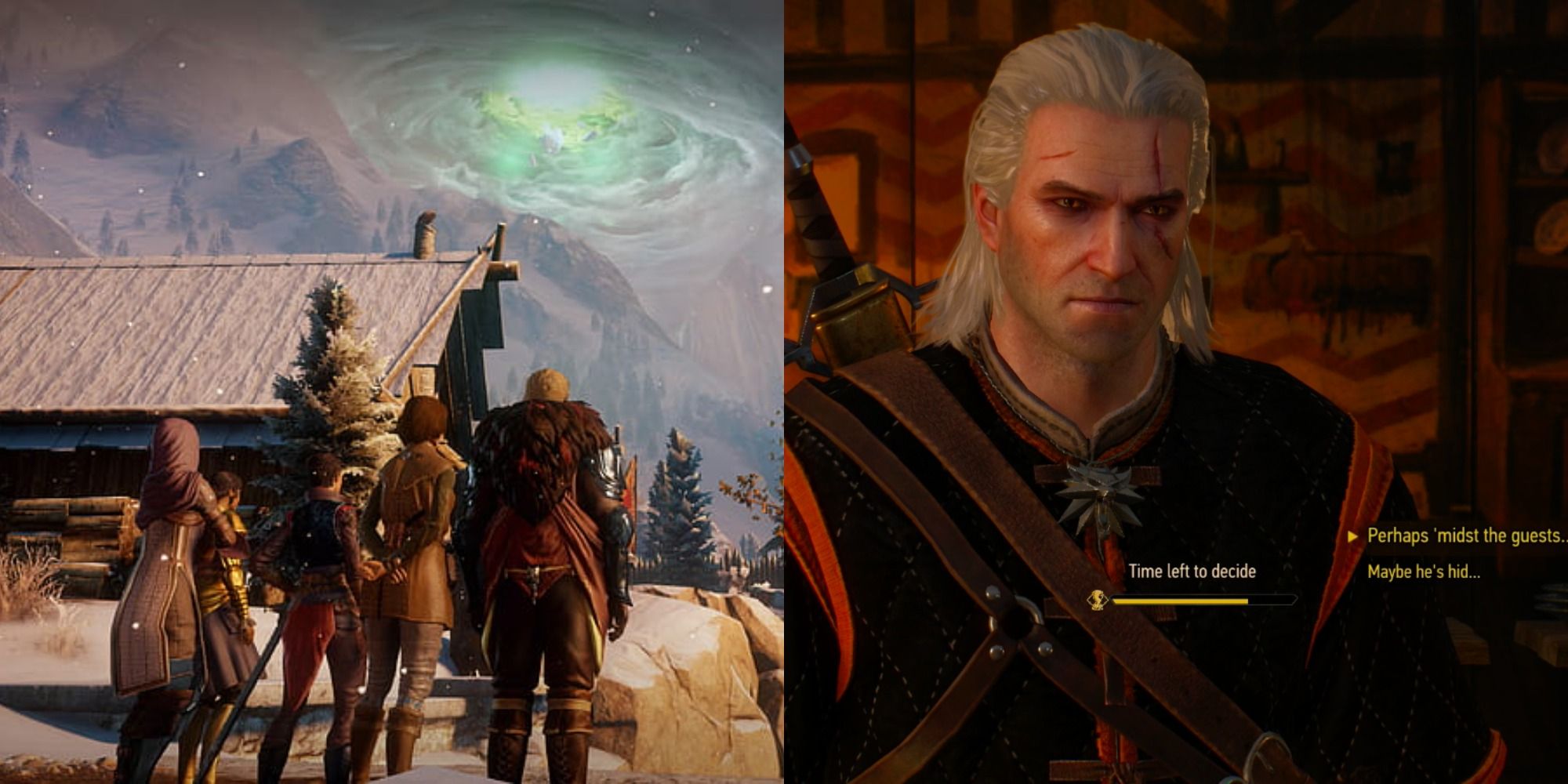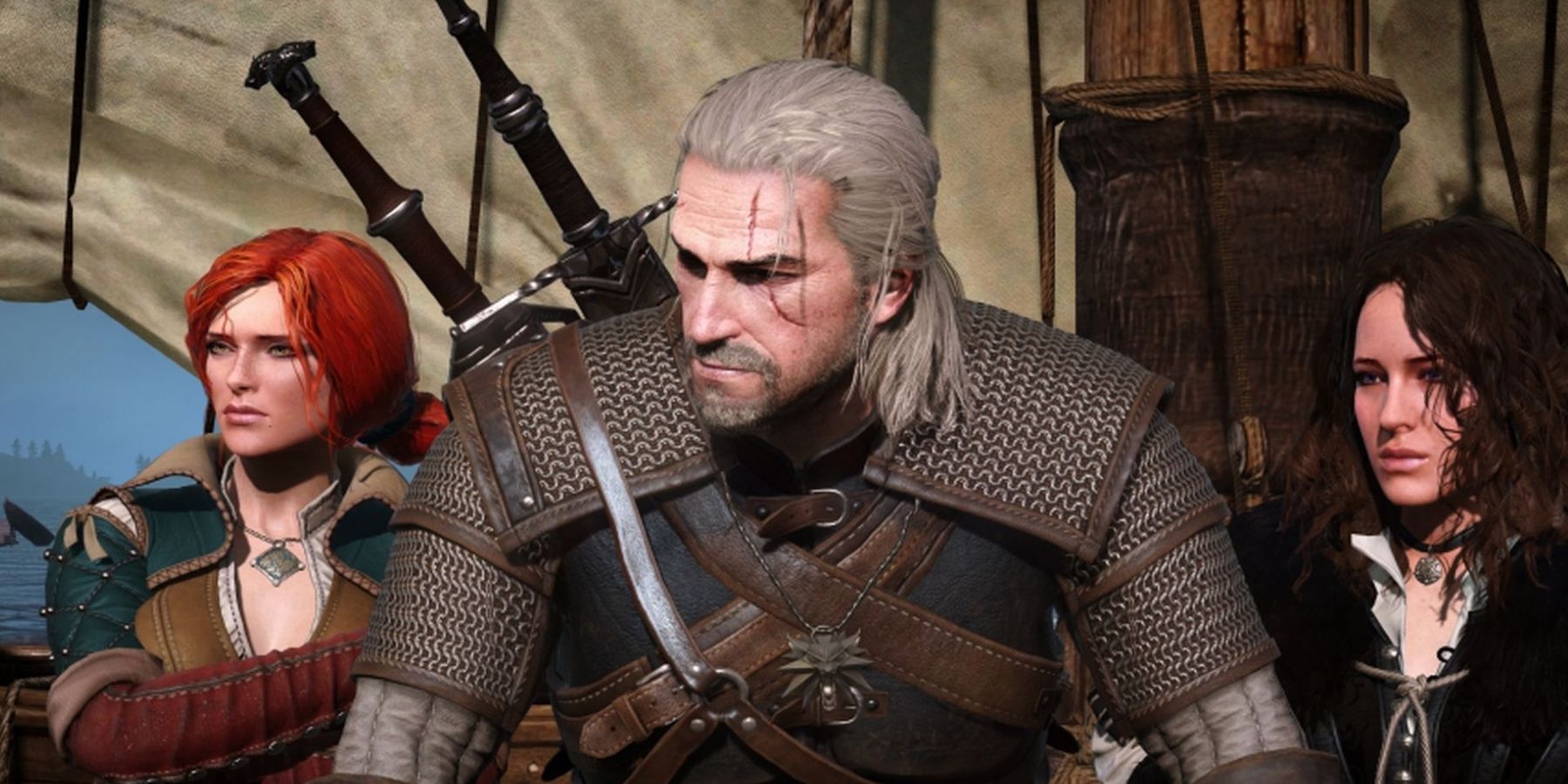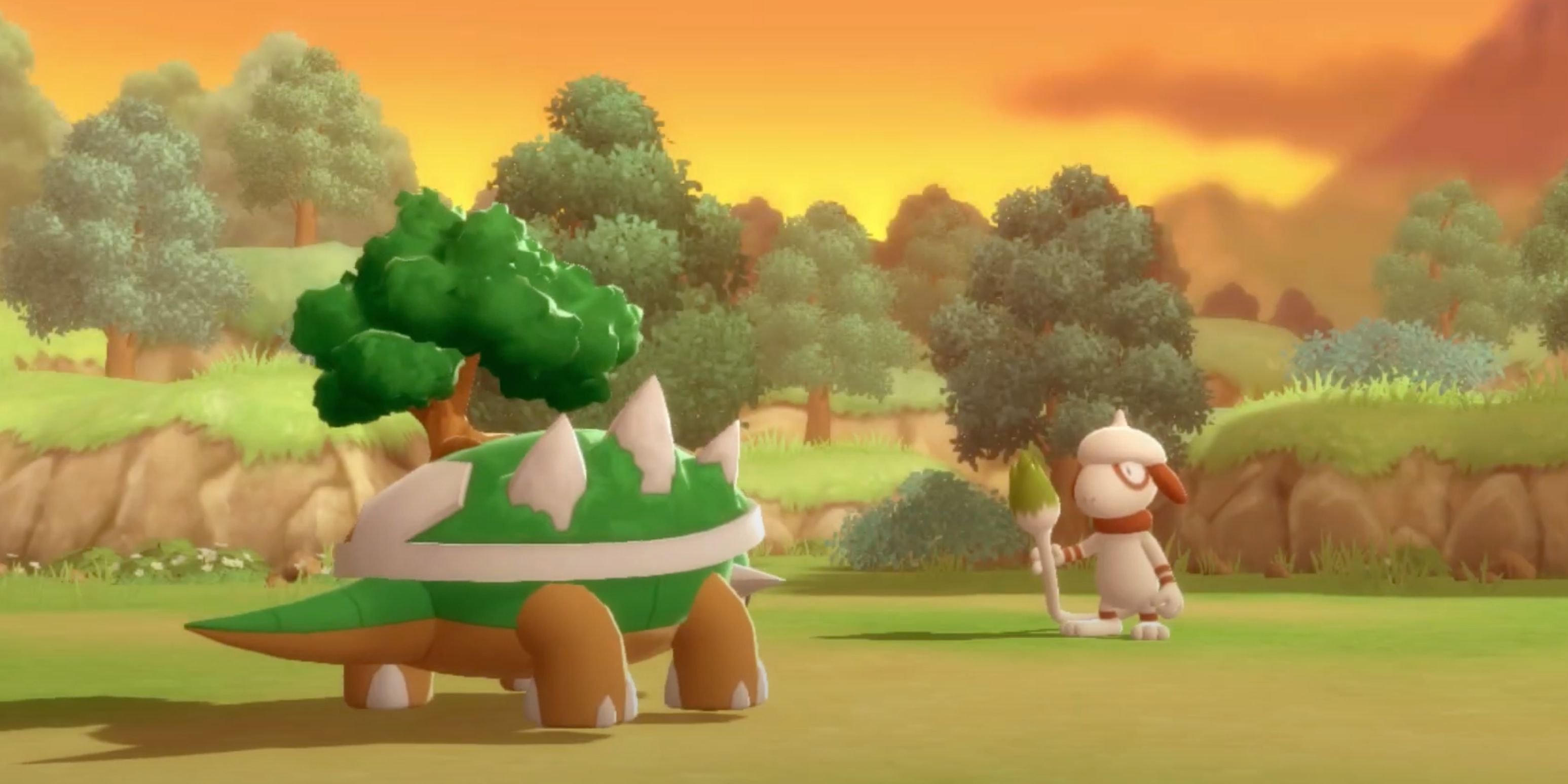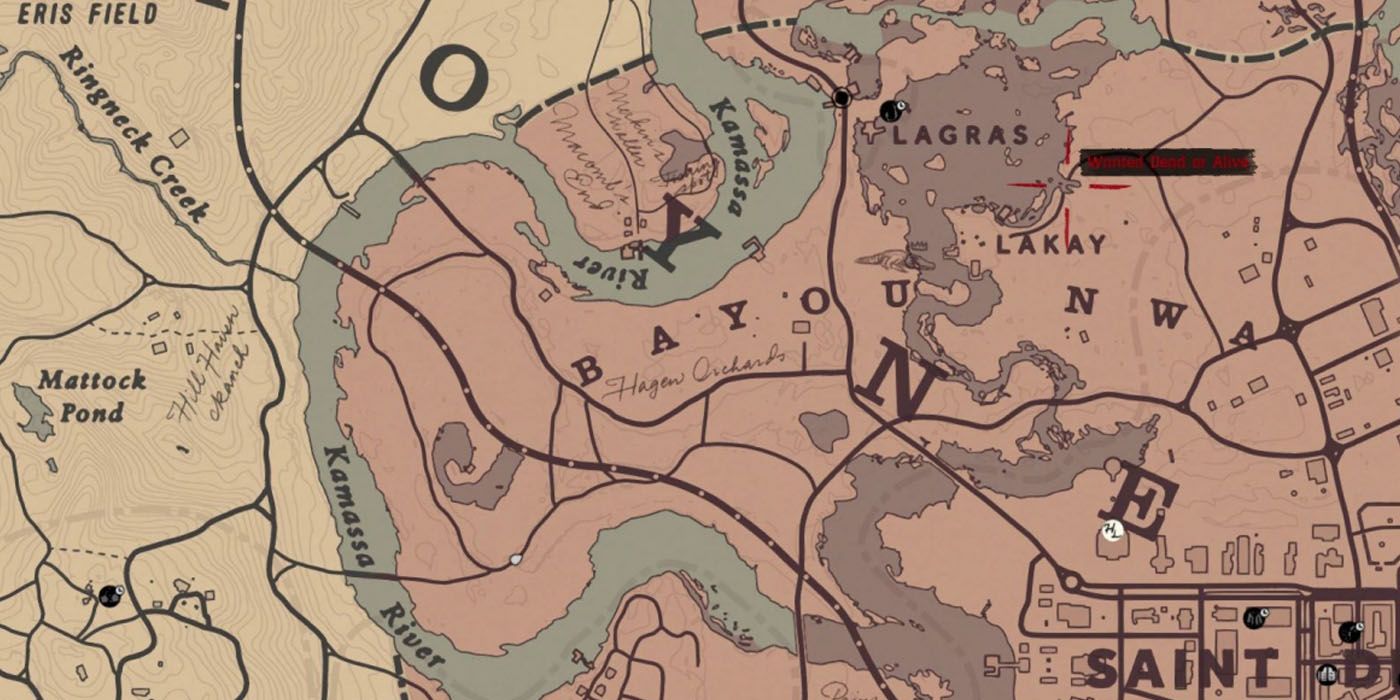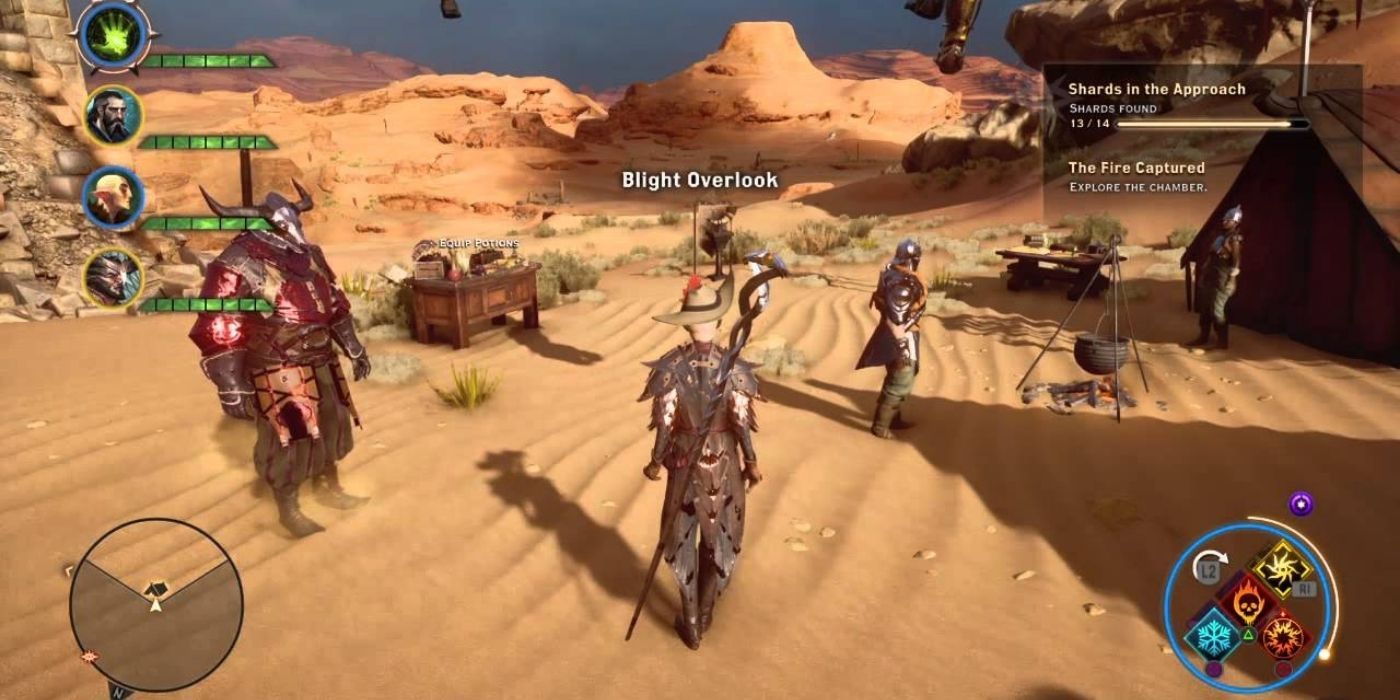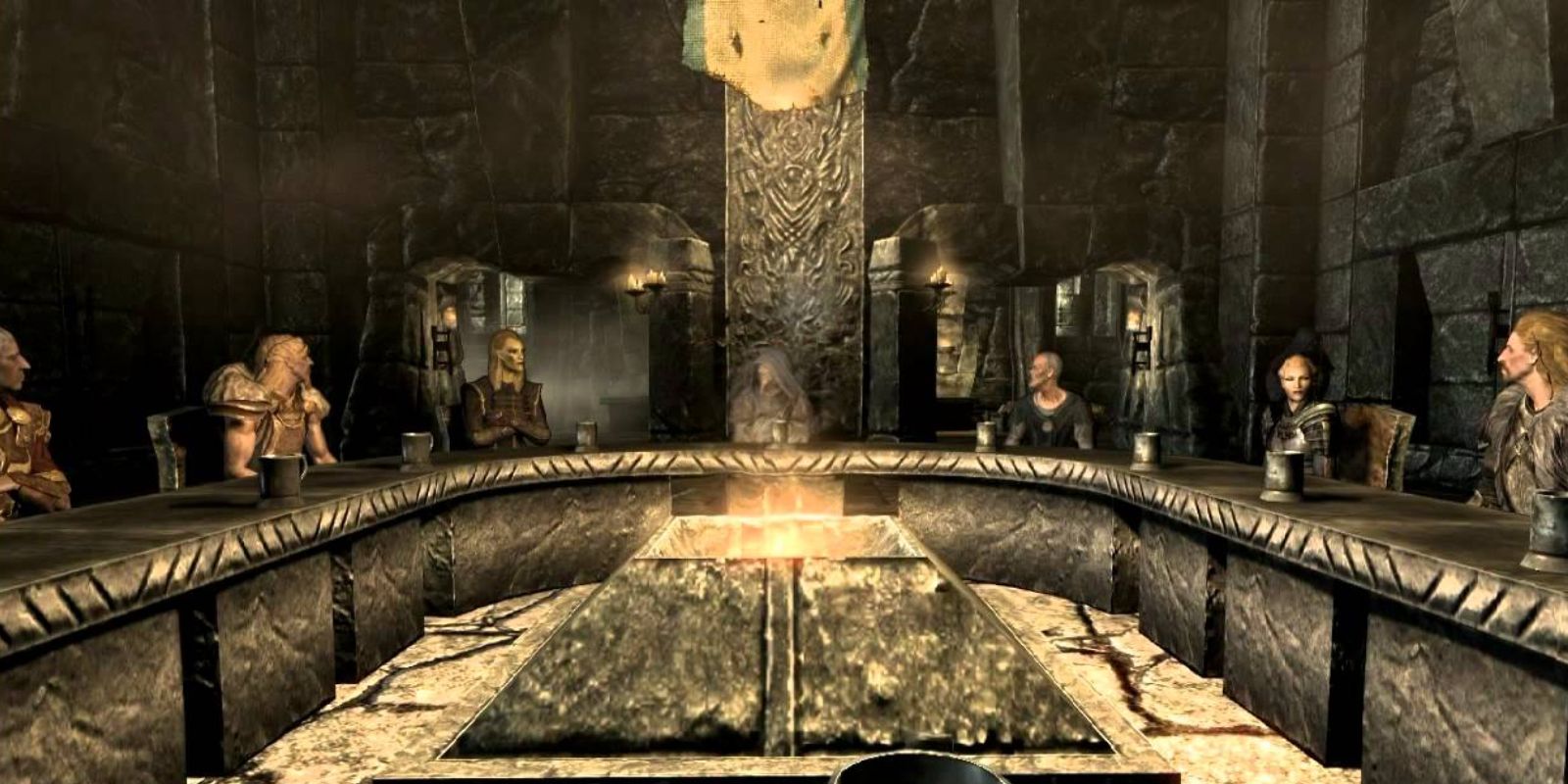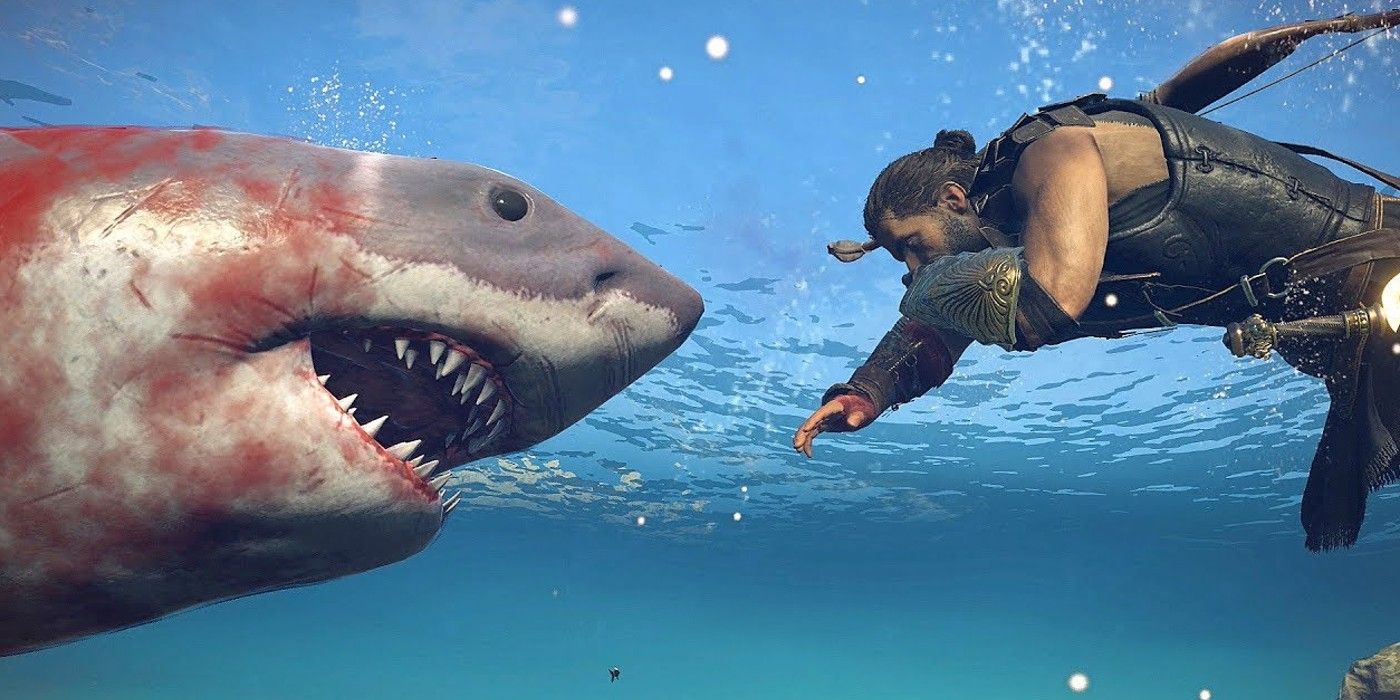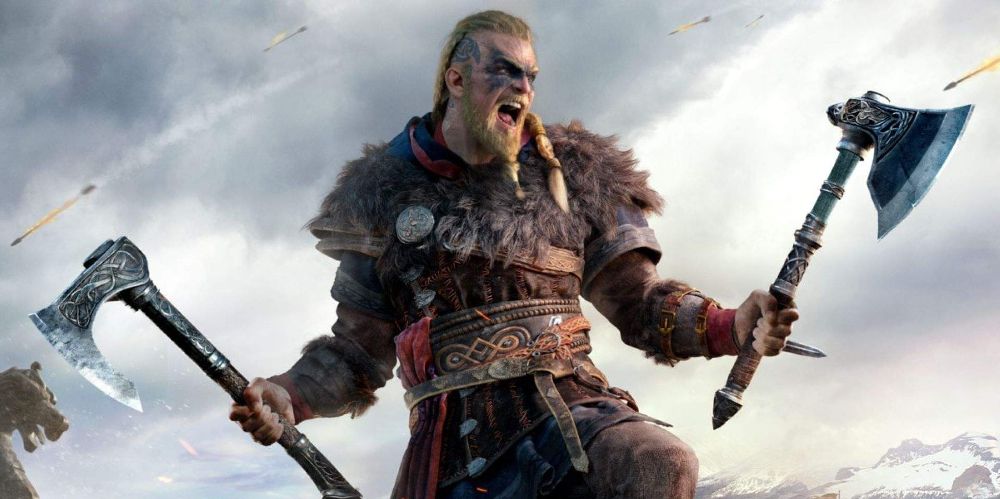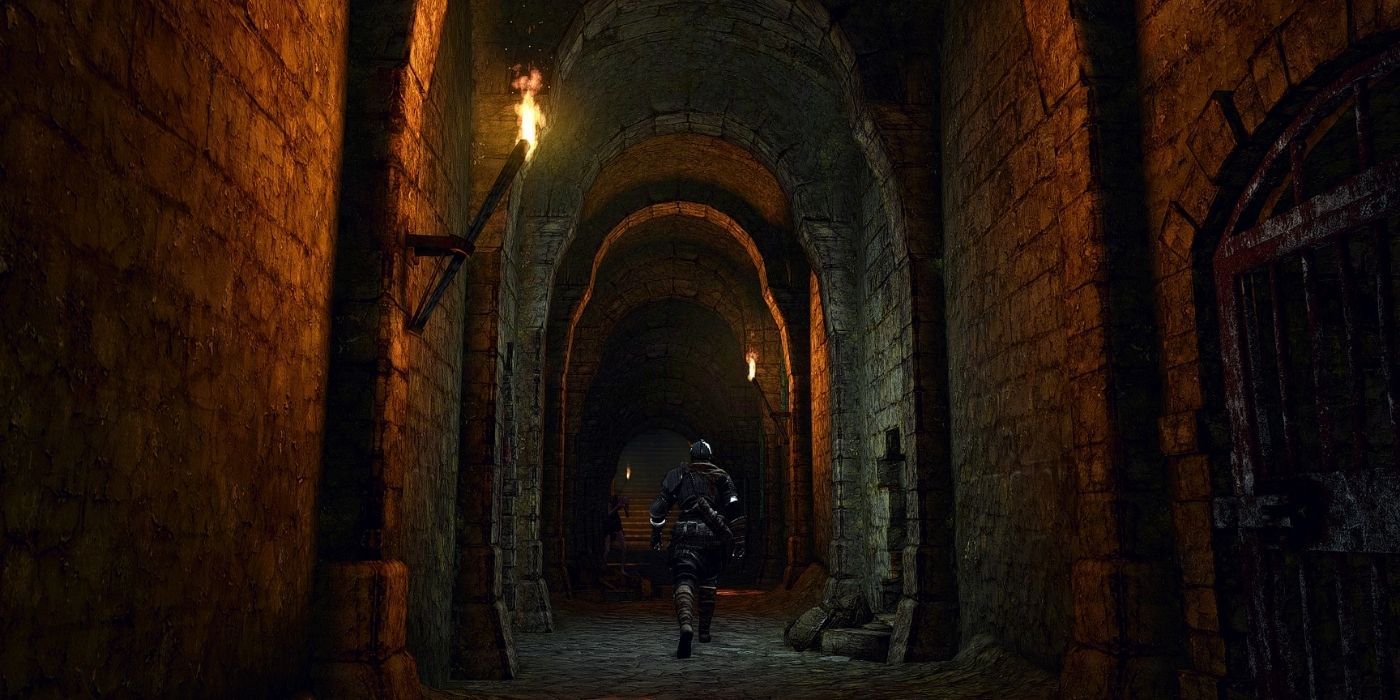An open-world video game provides players with a special kind of freedom, one that grants them the power to play the game in their unique way, allowing them to immerse themselves deeply within meticulously crafted universes and truly embody the characters they play as.
The problem is that this freedom can sometimes be too overwhelming, the universes too large, and just like in real life, players are prone to taking shortcuts that make things a bit more comfortable. This isn’t an issue if it’s a one-off, but too often it becomes a guilty habit.
Skipping Through Dialogue
A conversation that starts about someone’s aggrievance over their bins being ransacked can quickly spiral into a declaration of love, or an offer of a duel if a player skips through each line of an NPC’s speech. It is admittedly tempting to opt for subtitles and read them before the NPC has time to get out a single syllable, but this can, surprisingly, lead to serious communication problems.
This habit is at its absolute worst when there are important in-game decisions like in The Witcher 3, as players can quickly find themselves making vital, life-altering choices without having even heard which one they’ve made, causing them to play catch-up whilst also navigating the consequences of initiating the destruction of a city.
Grinding Until You’re Overpowered
It’s common in open-world games to sometimes stray off the beaten path, as is encouraged, but this can sometimes lead to a brutal, punishing game over screen. This obtuse punishment can push a player onto a mission of revenge, where they ignore the rest of the game to focus on one (likely) irrelevant enemy.
Instead of re-assessing the situation, possibly returning with a different strategy or when one has naturally progressed with the story, a much more desirable option for players is to murder lower-level enemies repeatedly until it's possible to one-shot the former adversary, and with that, just about everyone else.
Relying On The Map
Maps are a pretty essential tool in open-world games, but with waypoints, collectibles, quests, enemies, and more highlighted on a map in different colors and symbols, it can be hard to pay due attention to the beautiful environments passing by. When there's a minimap taking up part of the heads-up display also, it's hard to notice anything at all.
Naturally, the alternative of not relying upon the map leaves players clueless as to where they are in large, sprawling games like Red Dead Redemption 2. But the price is largely worth it for an added layer of immersion, as oftentimes getting lost is the best way to get to know an open world.
Hoarding Consumables And Never Using Them
It’s a universal experience amongst gamers - hurling a hundred ultra-balls at a Pokémon instead of a master-ball, only for the Pokémon to run away and then to finish the game with three master-balls left over. But it’s not just Pokémon where this trend persists.
The strongest potions, single-use weapons, and scrolls have been left un-used in completed save-files since the dawn of video games, it’s just too hard for players to know when the ultimate challenge is being faced. With boss fights so often having multiple stages, many are left clinging on to their best items right until the credits roll.
Fast-Traveling Everywhere
Fast travel is a double-edged sword, it can entirely cut out the backtracking of completed areas, but it can also cause players to miss out on huge sections of the game. In many open-worlds, it’s in the minutia of environments where some of the best interactions lie, NPCs with quests lingering behind closed doors, hidden chests, and enemies with valuable loot.
Moreover, fast travel can damage a player’s immersion. Often in fantasy games, it can be odd to traverse entire continents in an instant when horseback travel is the fastest course of travel yet to be invented.
Making Too Many Enemies
It's hard to not make some enemies in an open world, and players are bound to have to choose a side within a conflict at some point in their playthrough - no one escapes the civil war plaguing Skyrim. But it's important that that choice is still one available to make, and that all factions haven't grown annoyed with a player to the extent where there's no one left to ally with.
Playing like this can ultimately close a lot of doors, and that's why it's a good idea to take stock of which characters or locations are worth settling down with early on because even a villain eventually needs a home.
Leaving All The Side-Quests Until You’ve Finished The Main Storyline
Plowing through the main storyline can be very enticing when a game’s story is gripping, and most games are set up to allow this to be done, supporting a player’s alignment with their protagonist who may very well, just want to get things over with too.
But without side-quests, pivotal main storyline moments can end up falling a bit flatter than they should, due to a lack of world-building. But the worst consequence of this strategy is having to go back to assist a farmer that has lost his chickens after already saving the universe from annihilation.
Completing All The Side-Quests Before The Main Storyline
Equally as poor a decision as to its alternative, completing all side-quests and neglecting the main storyline entirely can lead to a slightly skewed view of the world a player is in. Growing overly attached to the orphans playing hide and seek, such as in Final Fantasy VII, a player can lose sight of the bigger picture and overall tension the main storyline provides.
A player can also find themselves becoming quickly overpowered through a commitment to doing all optional quests, meaning that important boss fights can seem like trifling obstacles as opposed to life-or-death conflicts.
Ignoring Collectables
Though searching for a list of lost sea-shanties in Assassin's Creed, ancient pottery, paper airplanes and the myriad of other collectibles scattered throughout open-worlds may seem as dull as it is time-consuming, going after collectibles can be one of the best ways to truly discover the depth of a game’s environment.
There’s a surprising number of fun rewards players can receive from the in-game characters that ask for these collectibles too, and it’s very common to stumble upon even more valuable treasures in the pursuit of the last few collectibles on a list.
Never Returning To Your Starting Location
Starter areas in video games are often dismissed as tutorial areas solely designed for players to be able to get used to the game’s interface, but in recent years especially, it’s become more common for developers to hide key bits of information and loot in the player’s earliest training grounds.
Oftentimes a player’s character will gain new abilities or equipment in the story that allows them to access new spaces, and those spaces are often most commonly in the last place a gamer would think to look: where it all started.

